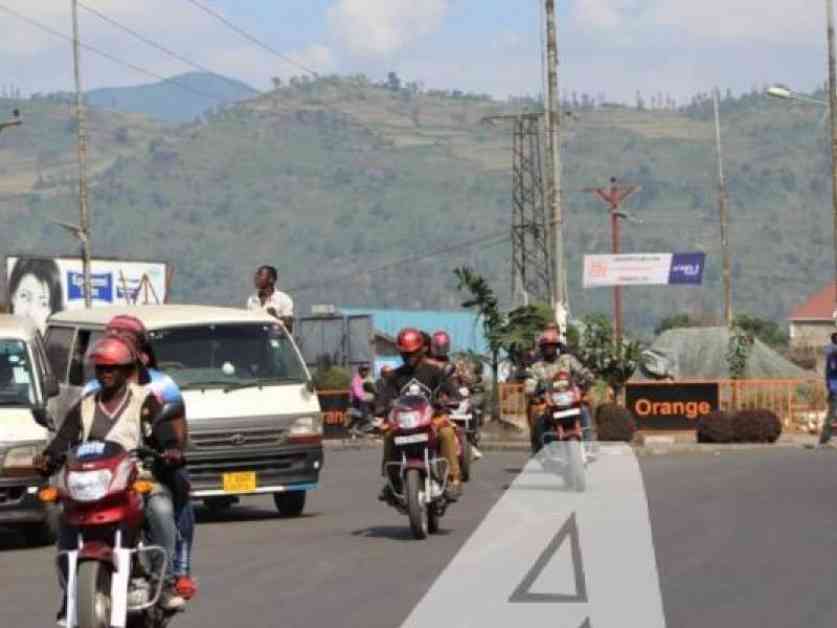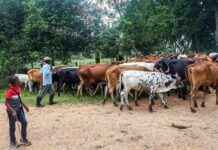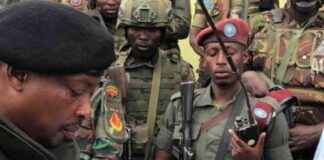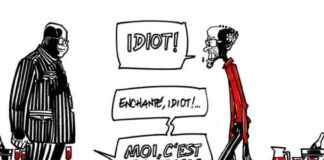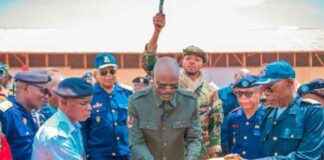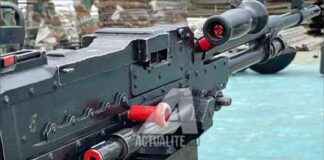Summary: Schools in Goma, the capital of North Kivu province, faced challenges in resuming classes due to ongoing conflict. Despite authorities urging parents to send their children to school, many schools remained closed, with students largely absent. The security situation in the area was a major concern for parents, leading to low attendance rates. Some schools had started out-of-session exams, but many students had fled the city due to the war, impacting school attendance.
Goma, a city marred by conflict and unrest, found itself grappling with a new set of challenges as schools struggled to resume classes in the face of ongoing violence. Despite efforts by educational authorities to encourage parents to send their children back to school, the reality on the ground painted a different picture.
Struggles in School Resumption
In Goma, the bustling streets were noticeably quiet as schools attempted to reopen their doors for eager young minds. However, the reality was far from the anticipated return to normalcy. An inspector of education found classrooms empty, prompting teachers to return home and announcing a meeting at the PROVED office. The presence of teachers contrasted starkly with the absence of students, painting a somber picture of the challenges faced in resuming classes.
One particular private school in Goma stood as a testament to this struggle. While teachers and administrative staff dutifully reported for duty, the sound of children’s laughter was conspicuously absent. The inspector’s directive for teachers to return home highlighted the harsh reality of the situation, as the city grappled with the lingering effects of conflict.
Parental Concerns and Security Issues
Amidst the attempts to resume classes, parents voiced their concerns about the safety of their children. The specter of insecurity loomed large, casting a shadow over the prospect of sending students back to school. With reports of families of military personnel occupying school buildings, the logistical challenges of reopening schools became apparent. Parents expressed worries about the adequacy of teaching conditions in partially occupied establishments, further complicating the situation.
The reluctance of parents to send their children to school was palpable, with safety taking precedence over education. Justine Chibalonza, a parent, encapsulated the sentiments of many, highlighting the collective trauma and fear that gripped the community. The delicate balance between courage and survival weighed heavily on parents, as they grappled with the decision to keep their children home in uncertain times.
Expert Insights and Future Prospects
The provincial education authority, PROVED, had issued a call for schools unaffected by violence to resume activities from a certain date. While some institutions, like the Institute Mwanga, heeded this call, others faced more complex challenges. Collaborative efforts with parent committees to assess damages and plan necessary repairs underscored the commitment to providing optimal learning conditions for students.
As schools like the École du Cinquantenaire embarked on the journey of gradual rehabilitation and resumption of classes, the road ahead remained uncertain. The delicate balance between ensuring safety and prioritizing education underscored the complexities of navigating a conflict-ridden educational landscape. Amidst the chaos and uncertainty, the resilience of the community shone through, offering a glimmer of hope for a brighter future.
Josué Mutanava, a witness to the challenges faced by schools in Goma, served as a poignant reminder of the human stories behind the headlines. As the city grappled with the aftermath of conflict, the quest for normalcy and education continued, underscoring the indomitable spirit of a community determined to rise above adversity.
